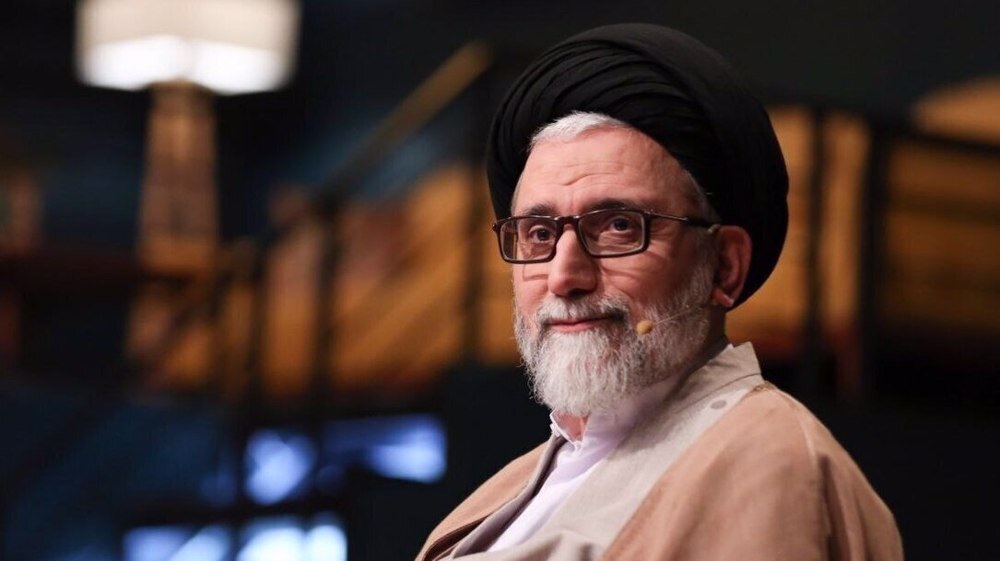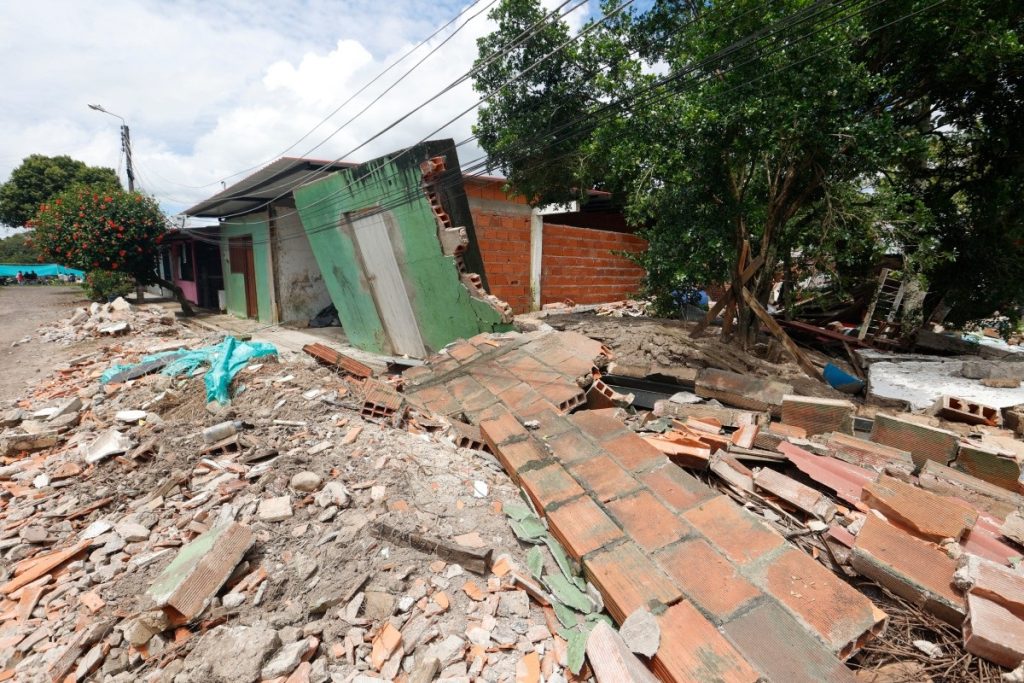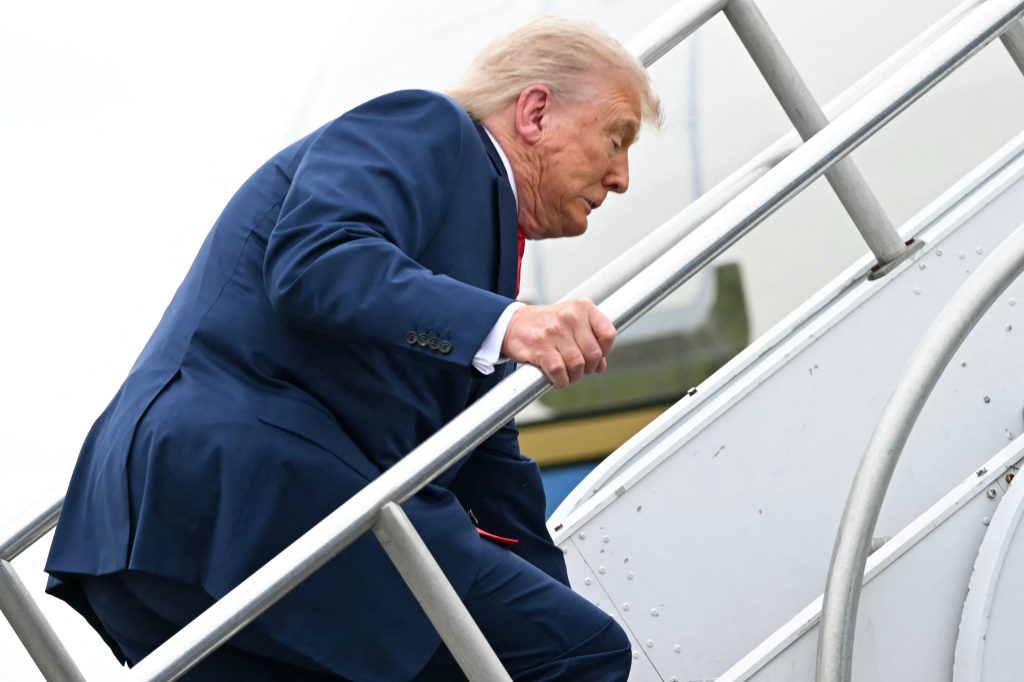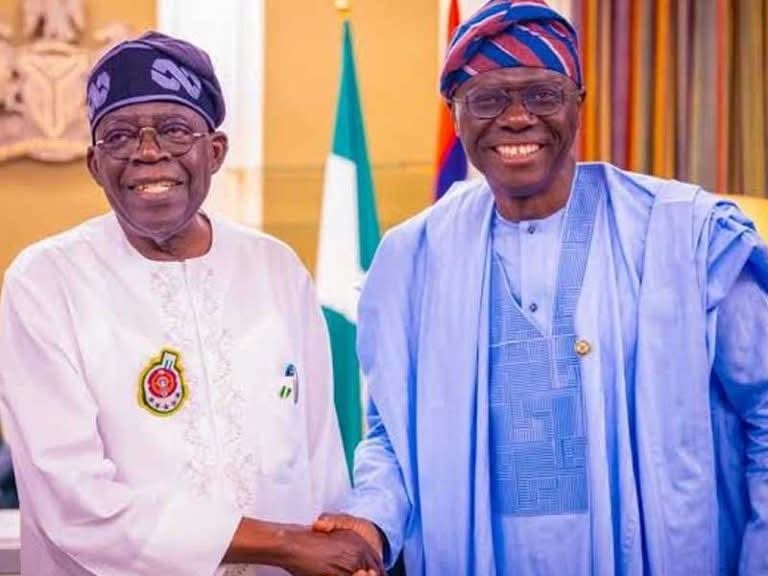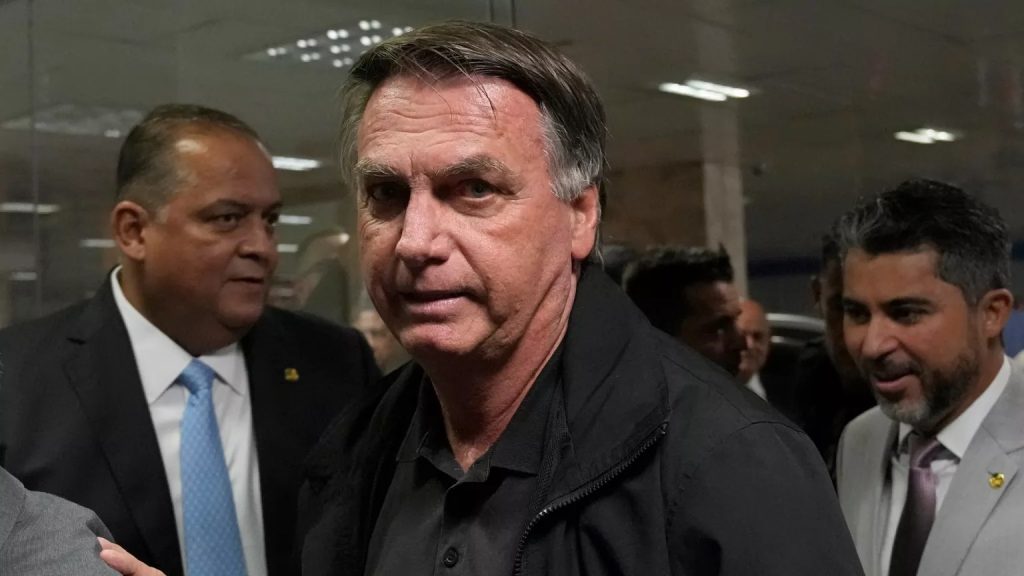Africa
Jailed Nigerian militant, Henry Okay, files fresh appeal in South Africa

South Africa’s Constitutional Court has cleared the way for Henry Okah, the imprisoned leader of the Movement for the Emancipation of the Niger Delta (MEND), to submit new applications challenging his detention.
The court issued two orders on February 18, 2025, following a decision by the Judicial Conduct Committee on February 12, which approved an inquiry into Okah’s allegations of sabotage against former Chief Justice Raymond Zondo.
Okah, who is serving a 24-year prison sentence for his alleged role in a 2010 bombing in Abuja, Nigeria, has consistently denied involvement in the attack.
He claims his trial and imprisonment were politically motivated and unlawful due to jurisdictional issues.
Specifically, Okah argues that South Africa failed to comply with Section 15 of its anti-terrorism law, which governs extraterritorial jurisdiction, rendering his arrest and trial invalid.
In case numbers CCT 239/23 and CCT 273/23, Okah alleged that the registrar’s office unlawfully altered the contents of his primary applications to undermine their success.
The Constitutional Court, however, dismissed his applications for rescission of prior orders, stating that granting them would imply accepting his allegations against Chief Justice Zondo as fact without an inquiry.
Despite the dismissal, the court’s latest orders allow Okah to challenge the lawfulness of his detention anew.
His legal team has emphasized that this case presents a unique test for South Africa’s justice system, particularly in the context of the Niger Delta’s struggle for resource control and environmental justice.
Okah was arrested in South Africa in 2010 following the Abuja bombing, which targeted Nigeria’s Independence Day celebrations and left several people dead.
MEND, the militant group he led, claimed responsibility for the attack, citing grievances over the exploitation of the Niger Delta’s oil resources.
Okah’s legal battle has drawn attention to the broader conflict between Nigeria, its oil multinational partners, and the impoverished communities of the Niger Delta.
His supporters argue that his prosecution was an attempt to suppress activism against the Nigerian government and international oil companies.
The upcoming judicial inquiry into Okah’s allegations against former Chief Justice Zondo adds a new layer of complexity to the case.
Okah, now 59, remains incarcerated as his legal team continues to fight for his release, asserting that his conviction was based on a flawed legal process.
The 2010 bombing incident
On October 1, 2010, during Nigeria’s 50th Independence Day celebrations, a twin car bombing occurred in Abuja, the nation’s capital.
The attack took place near Eagle Square, where the festivities were being held, killing at least 12 people and injuring over 36 others.
The Movement for the Emancipation of the Niger Delta (MEND), a militant group from Nigeria’s oil-rich Niger Delta region, claimed responsibility for the bombing.
The bombs were planted in two vehicles parked near the celebration venue and detonated around 10:30 AM, causing widespread panic, destroying vehicles, and damaging nearby buildings.
MEND, through an email statement sent to journalists, claimed responsibility for the attack, stating it was a response to the Nigerian government’s failure to address the grievances of the Niger Delta people, including environmental degradation, poverty, and lack of resource control.
The attack was intended to disrupt the Independence Day celebrations and draw global attention to the Niger Delta crisis.
Following the bombing, Nigerian authorities launched a manhunt for suspects linked to MEND.
MEND emerged in the mid-2000s as a militant group fighting for the rights of the Niger Delta’s oil-producing communities, and their activities included attacks on oil infrastructure, kidnappings of oil workers, and bombings.
The attack drew international condemnation and intensified efforts by the Nigerian government to address the Niger Delta crisis, though many of the underlying issues remain unresolved to this day.
For Diaspora Digital Media Updates click on Whatsapp, or Telegram. For eyewitness accounts/ reports/ articles, write to: citizenreports@diasporadigitalmedia.com. Follow us on X (Fomerly Twitter) or Facebook







